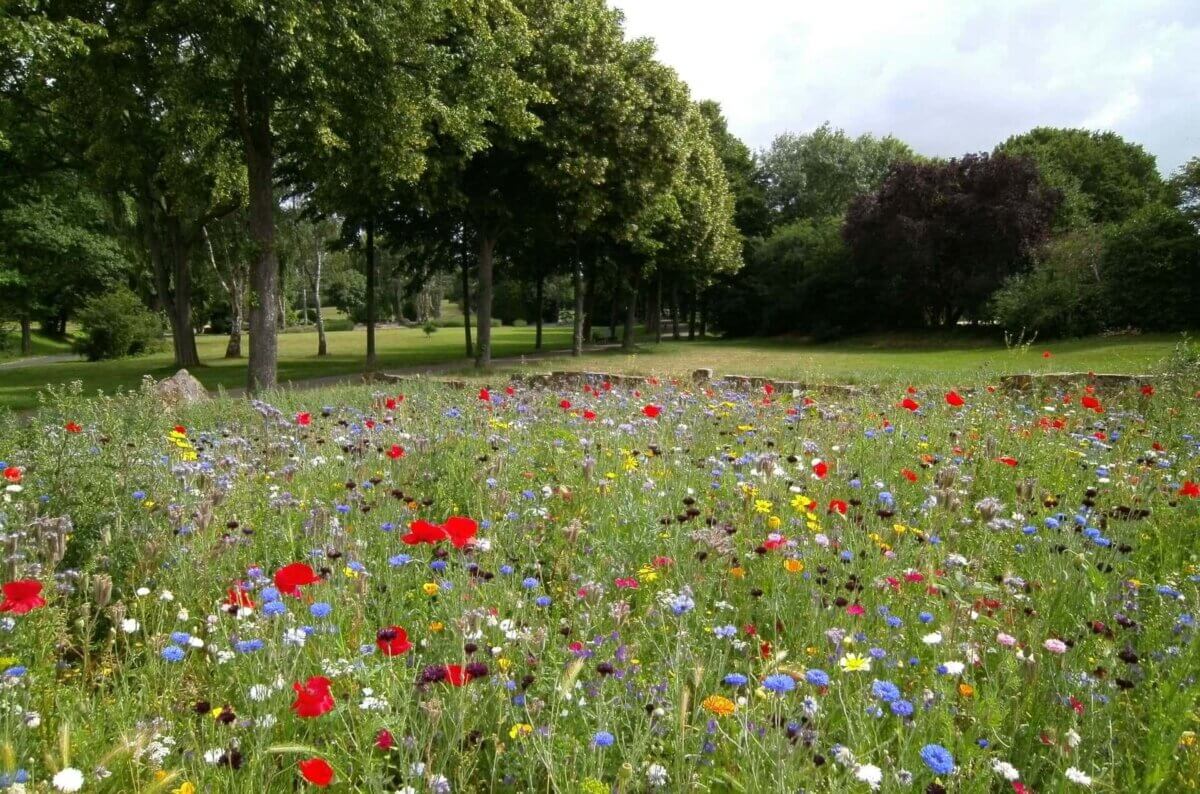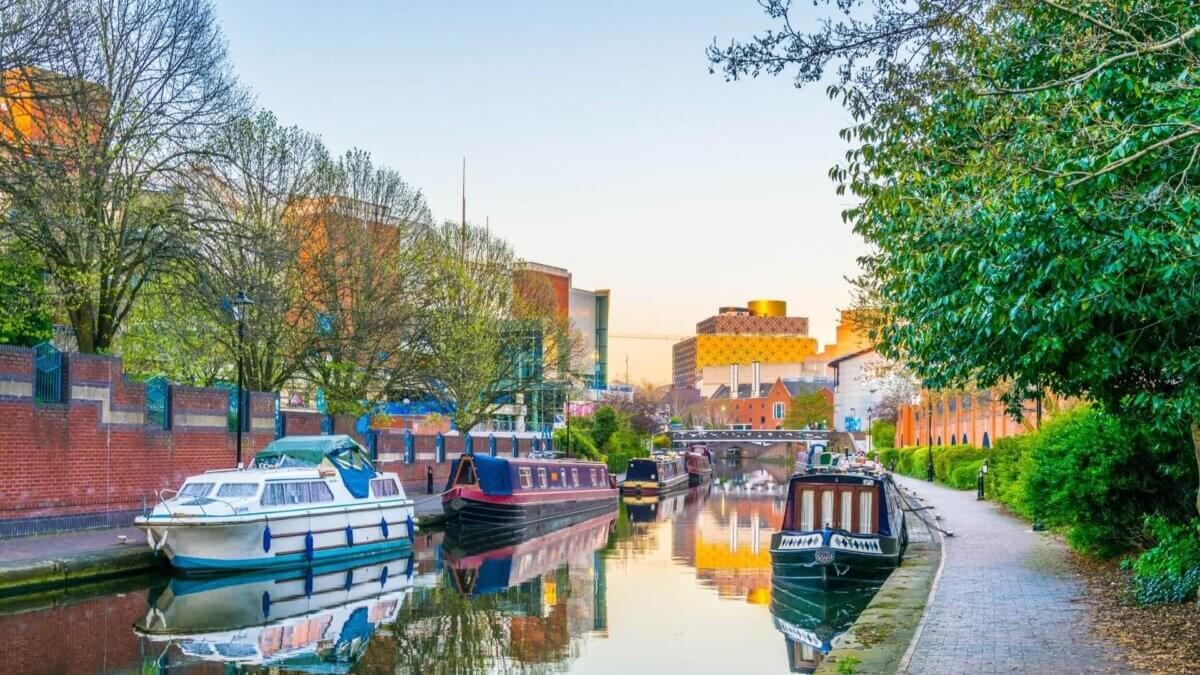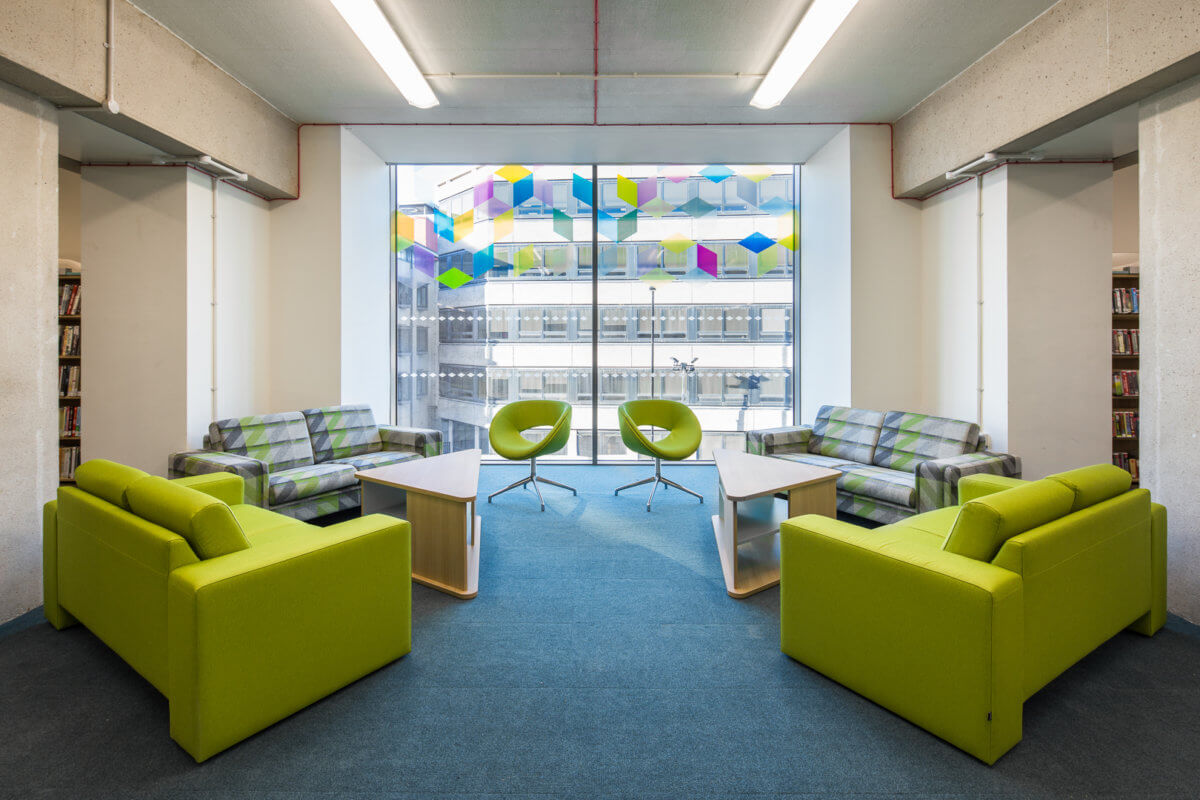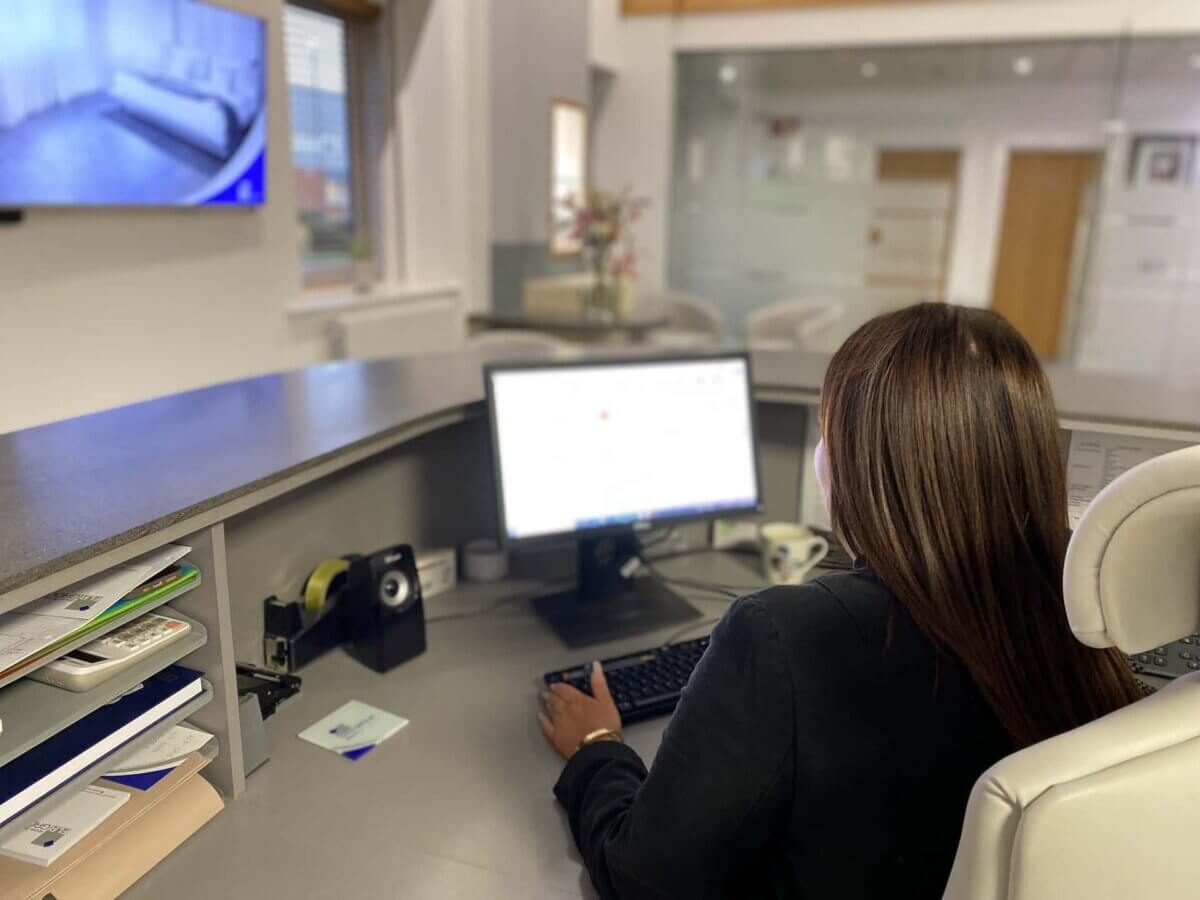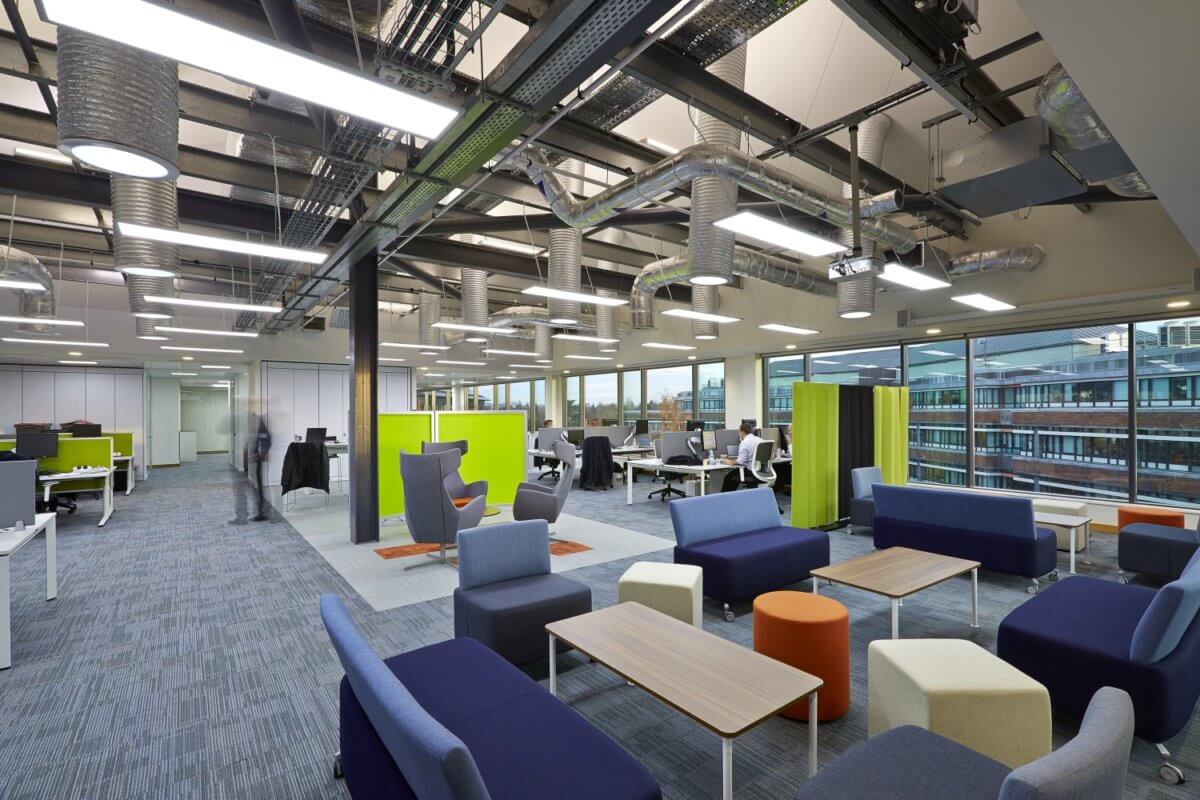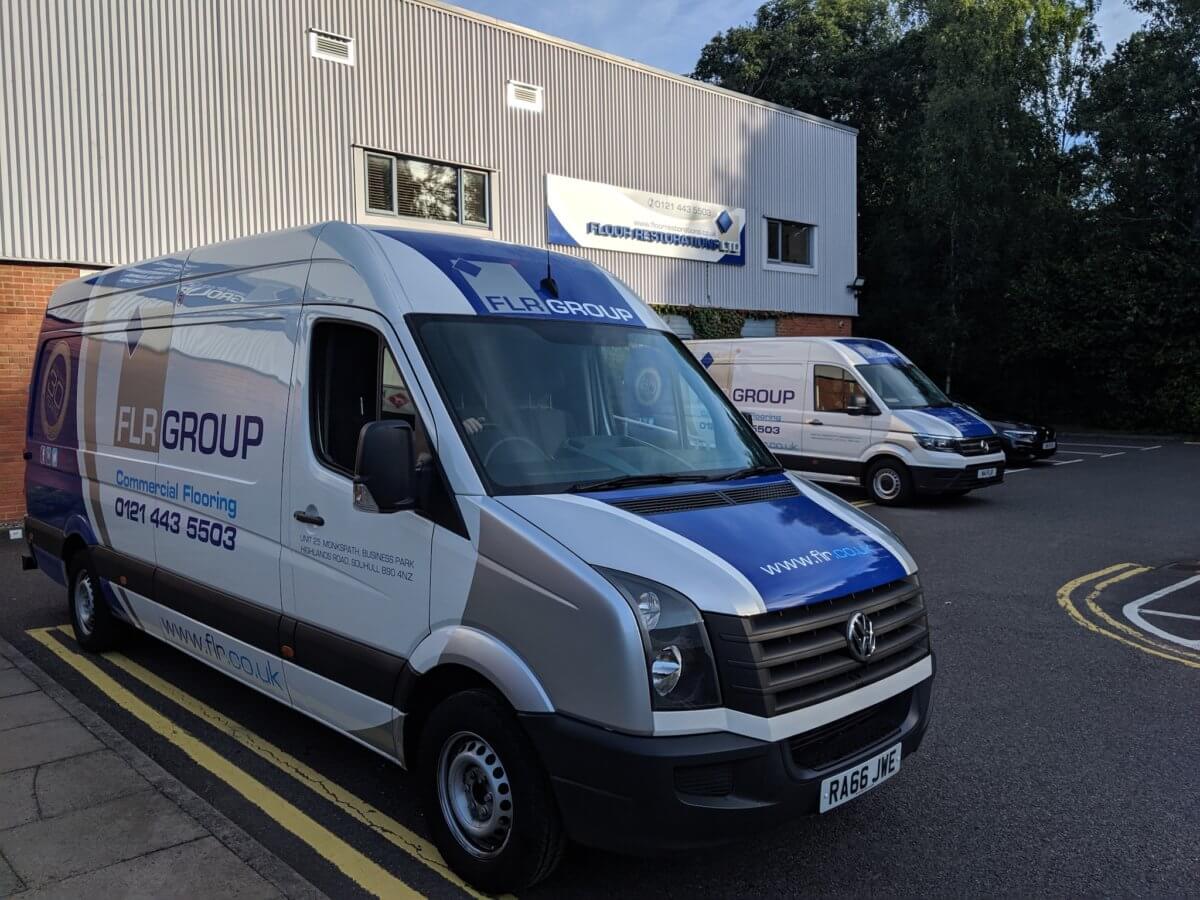Fighting The Environmental Crisis
As climate change has an increasing impact on our lives, businesses across the world are looking at how to reduce their carbon footprint. However, at FLR we are striving to do more.
Working with a team of environmental sustainability experts from YourPact, we are not only focusing on reducing our emissions but we are also taking a holistic approach to how we can make a difference.
This year, FLR will be helping to combat the climate, food production and biodiversity crisis’s simultaneously, by supporting a number of regenerative initiatives, including:
- Supporting cover crop plantings on a regenerative farm, less than 40 miles from our HQ to improve soil health, organic matter, reduce carbon release and provide a winter habitat for UK wildlife
- Supporting the creation of habitats on a regenerative farm, less than 40 miles from our HQ, using native environmental species to provide a food and pollen source for birds and pollinators, as well as shelter for small mammals.
- Promoting the benefits of sustainable food production for communities, the climate and wildlife across the UK.
Why Is Biodiversity So Important?
Although the climate crisis and global warming usually take centre stage when it comes to environmental sustainability, biodiversity is equally important. Both climate change and the biodiversity crisis are completely entwined and therefore one cannot be solved without addressing the other.
In simple terms, biodiversity is the variety of animals, plants, fungi and microorganisms that make up all life on earth and it is essential for the human species to survive. Not only do animals and plants support and provide a food source but healthy soils and plant-life tackle global warming by capturing and storing carbon.
“It’s impossible to prevent climate change, without focusing on biodiversity.”.
Unfortunately, biodiversity is a serious issue in the UK, being in the bottom 10% for biodiversity intactness out of all G7 nations and we have lost nearly 50% of our natural biodiversity since the start of the industrial revolution (Natural History Museum, Natural Trends Explorer, 2021). Thankfully, most of this loss of biodiversity – wildlife, habitats and green space – can be reversed. This means that here at FLR, we have the chance to lead the biodiversity drive by focusing, not only on carbon emissions, but our environmental situation as a whole.
We are using our platform and passion to support biodiversity projects and raise awareness around the biodiversity crisis. We are passionate about initiatives which can use existing land banks on UK farms to make a huge positive impact, tackling climate, wildlife, quality of living and how sustainably we produce our food.
Just The Start Of Our Journey
Academics and experts in the field of environmental sustainability have called for action from both the private and public sector – advocating the need to add more species diversity to biodiversity and carbon offsetting projects, whilst ensuring food production for our growing population is secured.
This is where FLR’s support for regenerative agriculture can really make a difference. By focusing on three key areas; biodiversity, climate change and food production, we are demonstrating a rounded and balanced strategy, which will ultimately have a more sustainable impact.
FLR Group Director, Jeff Walker says
“At FLR, we are excited to start our journey and continue our work, focusing on a wide-range of environmental sustainability areas to ensure a brighter, healthier and sustainable future for the UK. Our sustainability team have worked extremely hard with a team of consultants and specialists to ensure all our initiatives have a positive impact, which future generations can benefit from. Our approach is rounded and considered and we can’t wait to see the results.”

